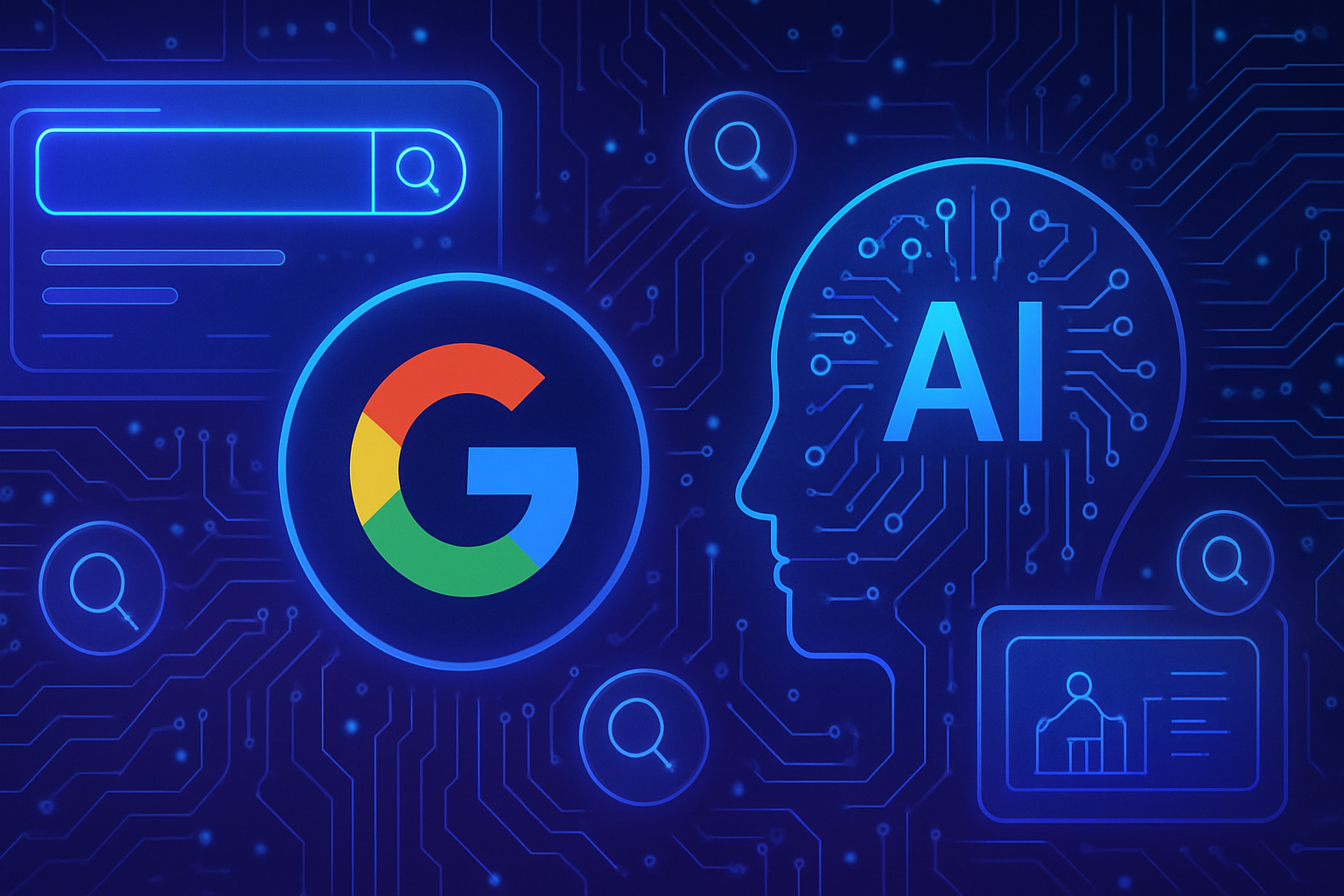Google transforms search with revolutionary innovations. The American company unveils new AI features, propelling its lead in the market. These advancements provide a sharp look at the future of search engines. The integration of artificial intelligence enhances the relevance of results and redefines the user experience. This upheaval aims to counter the growing competition. The stakes of online search are being redefined, raising questions about transparency and technology dependency.
New AI features offered by Google
Google recently unveiled a set of artificial intelligence features aimed at improving the search experience on its platforms. The company is investing heavily in AI to maintain its leadership position in the market against increasing competition. This new enhancement of capabilities will optimize the relevance of search results and personalize user interactions.
Increased personalization of results
The new features include advanced personalization algorithms that take user preferences into account. Through behavioral analysis, Google is now capable of providing search results tailored to individual interests. Thus, each user will benefit from a unique experience, sharpened according to their previous searches and interactions with other Google products.
Improvements in natural language processing
Optimizing natural language processing is a major focus of the new features. Improvements in understanding complex queries will allow Google to respond to more nuanced questions. Users will benefit from answers that are not only more relevant but also contextualized, taking various dimensions of a query into account.
Strengthening security and privacy
Particular attention has been paid to the security of users’ personal data. Google pledges to enhance the protection of sensitive information while continuing to improve the search experience. The new features will include advanced encryption systems, ensuring that data is only used within the framework of user preferences, without compromising their privacy.
Integration of AI technologies into other services
AI innovations are not limited to search. Google plans to extend these new capabilities to other services such as Google Assistant and Google Maps. Interactions with these tools will become smoother and more contextualized, enriching user experiences at every level.
Market and analyst reactions
Reactions to this announcement are varied. Analysts highlight that Google’s aggressiveness in the AI field is a direct response to efforts by other companies seeking to innovate in the sector. Some organizations, as mentioned in a recent study, warn of the need for increased regulation of AI technologies to avoid potential abuses. This echoes other discussions about the ethical implications of using AI. A video shared here discusses the role of various actors in these debates: link.
Monitoring potential consequences
An essential aspect of Google’s new AI initiatives is the ongoing analysis of their consequences. Experts emphasize the need to monitor the impact of these technologies on user behavior and the overall digital ecosystem. Discussions about AI biases, as highlighted by a recent controversial matter, will become essential as these technologies continue to evolve.
Future perspectives for Google and AI
With these new features, Google asserts its intention to remain at the forefront of technological innovation. Ongoing research and development in the field of AI will undoubtedly bring new methods for understanding user needs. This evolution could redefine the relationships between users and search technologies, paving the way for more authentic and intuitive interactions.
To stay informed about the latest technological developments, it is relevant to follow news on similar projects, such as those mentioned in this study regarding LIA FaceAge. Also, keep an eye on innovations presented by industry leaders, such as the collaboration between Qualcomm and data centers, discussed here: link.
Common FAQs
What types of new AI features has Google recently introduced for the search market?
Google has introduced algorithm updates, AI-based search optimization tools, as well as more advanced virtual assistants that enhance the user experience when searching for information.
How do these new AI features improve the relevance of search results?
The new AI features analyze user queries in depth and adjust in real time, allowing for a better understanding of the intent behind each search and offering results that are more tailored and contextual.
Do AI feature updates affect the organic ranking of websites?
Yes, these updates can have a significant impact on organic ranking. Websites need to adapt to the new evaluation criteria, including content quality and user experience.
How can users take advantage of Google’s new AI features in their searches?
Users can ask more precise questions and use specific keywords to maximize the relevance of the results provided. Moreover, exploring the new filtering and categorization options can enrich their searches.
What are the privacy concerns associated with these new advancements in AI?
The advancements in AI raise questions regarding the collection and use of personal data to offer personalized search results, thereby reinforcing the necessity for Google to comply with user privacy regulations.
Does the introduction of AI features by Google signify a revolution in how we search for information online?
Yes, it could transform the way we access information, making searches more intuitive and personalized, while facilitating interaction between users and search engines.
How do these AI features influence the competitive landscape in online search?
The new AI features position Google as a market leader, pushing competitors to also innovate and develop their own technologies to remain relevant.






